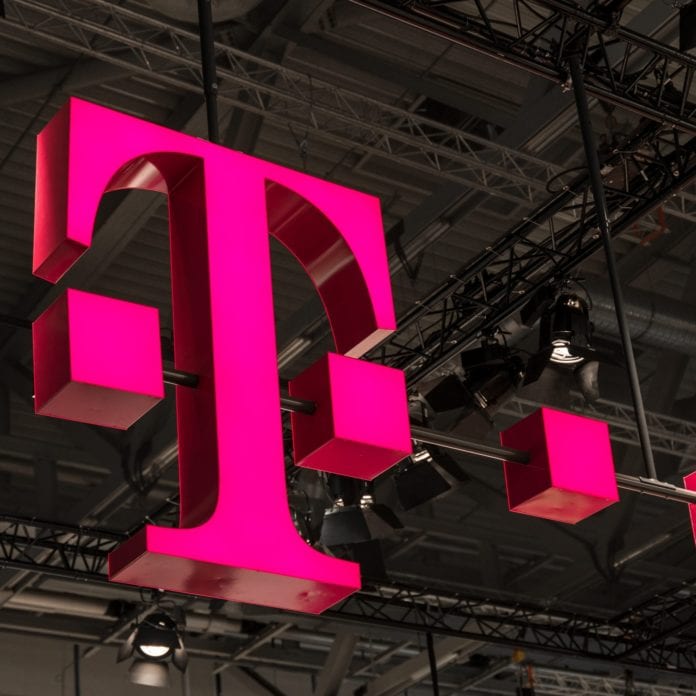Deutsche Telekom said that the company continues to be committed to a multi-vendor strategy for the deployment of its mobile networks.
In a company blog post, the German carrier said that this strategy allows it to buy gear from a large number of different manufacturers so the company does not become dependent on individual manufacturers. The telco said that some of its providers include Cisco, Juniper, Nokia, Ericsson and Huawei, as well as other smaller providers.
Deutsche Telekom noted that American manufacturers account for 30% of the group’s technology purchases, which include Germany and the rest of the European subsidiaries. Also, European ad Chinese vendors represent 25% of tech purchases, while the rest is provided by other Asian or small local providers.
“Thanks to our multi-vendor strategy, there is no dominant supplier for the entire network. The choice of manufacturers in the antenna access network is limited. Due to the energy-saving SRAN technology in the antenna network, which is particularly widespread in Europe, w5G components can only be set up on w4G components from the same manufacturer. This is why Deutsche Telekom is relying on existing suppliers Ericsson and Huawei for 5G expansion in the antenna network,” Deutsche Telekom said.
“We also want more choice in the antenna network. To ensure more component diversity in the network in the medium term and to be able to choose between more manufacturers, Deutsche Telekom therefore supports the so-called Open RAN initiative.”
Deutsche Telekom also highlighted that it is moving out Chinese vendors in the mobile communications core network.”Fact is that the sales of Deutsche Telekom with Huawei have been declining in the last 3 years,” the telco said.
“We show our suppliers what we are planning. We share our 5G expansion plans with our suppliers so that they can plan the expansion and provide resources such as equipment, technicians. We want competition. Basically, it is always our ambition to be the technology leader. We communicate this claim to all manufacturers again and again. Of course, all our agreements are clean and legally verified in terms of competition law,” Deutsche Telekom said.
“We have a duty of care to ensure safe and smooth operation. Therefore, due to the geopolitical situation and the Covid-19 crisis, we regularly ask all our major manufacturers in detail about their ability to deliver. Especially as it is also known that all western manufacturers produce in China.”
Deutsche Telekom is already proving 5G coverage to 16 million people in over 1,000 towns across Germany.
By mid-July, a total of 40 million people throughout Germany will be reached by the operator’s 5G network, Deutsche Telekom recently said.
Deutsche Telekom previously said expects to deploy 5G technology in 14 large cities this year to reach its goal of rolling out this technology in at least 20 of the largest German cities by the end of 2020.
Deutsche Telekom kicked off the rollout of its 5G network in a limited number of cities across Germany at the beginning of July 2019.

